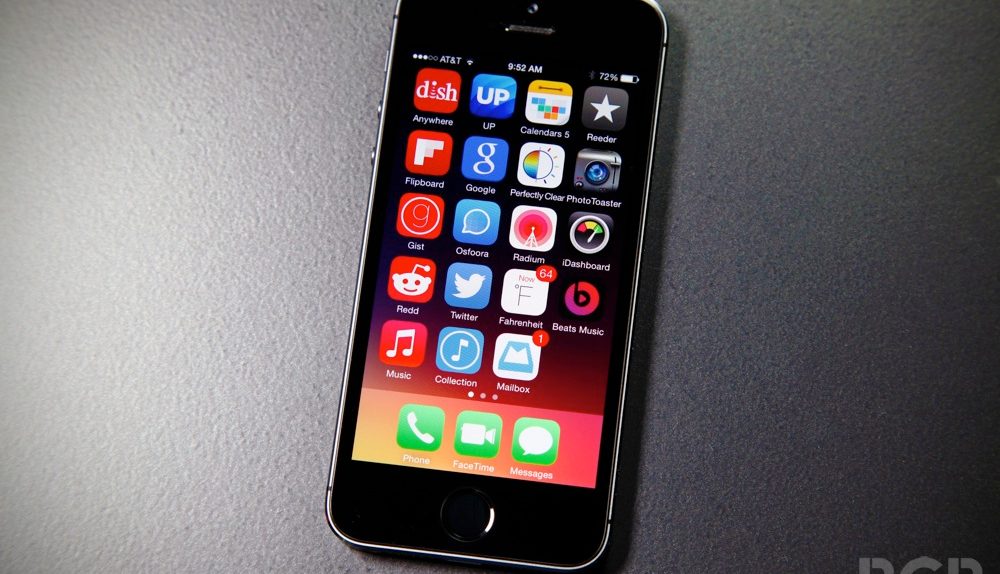With a few weeks to go until Apple unveils the future of its iOS and OS X operating systems, several details have already been leaked about the upcoming releases. One of the most interesting features detailed in recent reports concerns iOS 9, as Apple is apparently working to make it run much more smoothly on older iPhones and iPads.
DON’T MISS: Android M and Nexus updates: The good, the bad and the ugly
The oldest devices that iOS 8 can run on are the iPhone 4s and iPad 2, although many people who own either model have complained of several performance and battery issues affecting their devices since installing iOS 8. Some were able to switch back to iOS 7 last fall, but many others have been stuck with laggy performance on their devices.
Meanwhile, it appears Apple has heard these users’ complaints and is moving to aggressively address them, according to 9to5Mac’s Mark Gurman in a new report detailing some of the upcoming features of iOS 9 and OS X 10.11.
The new operating system should have a “big focus on quality” rather than offering users new feature additions, he wrote.
Interestingly, Apple wants to still support 2011 devices, which should receive a brand new iOS release more than four years after hitting stores. That means the iPhone 4s, the iPad 2 and the first-gen iPad mini should still be able to run Apple’s latest operating system and should offer owners a better experience than iOS 8 did.
Apple has reportedly restructured its software engineering process to better support older hardware with iOS 9, Gurman says. Instead of building the main iOS 9 release for older iPhones and iPads and then removing the features that don’t perform well in tests, Apple is now baking a core iOS 9 version that will work well on A5 devices before enabling other features on a “one-by-one” basis.
That means that older iPhones and iPads won’t necessarily offer users access to all iOS 9 features, but these devices would still be able to make the jump to iOS 9. And Apple is certainly interested in this particular upgrade, as it also helps it boost its iOS upgrade numbers, which is still a weapon the company uses when comparing iOS to Android.
Furthermore, this approach should also ensure that newer iPhones and iPads would also be able to run iOS 9 more efficiently.
One other way Apple might further improve the iOS experience regardless of device is by making certain changes related to app code and application size. The company apparently plans to introduce Swift 2 at WWDC and will preinstall Swift code libraries in iOS 9 and OS X 10.11. The move will allow developers to slightly decrease the size of apps, which would be a beneficial outcome for iOS device users who have limited storage on their phones or tablets. Apple further plans to convert its own apps to Swift next year, when iOS 10 and OS X 10.12 arrive.




